When Babe Ruth’s spirit ascended to that great baseball diamond in the sky in 1948, his body lay in state in the Yankee Stadium rotunda, allowing 105,000 people to pass by; about 75,000 stood in the rain outside St. Patrick’s Cathedral the next day as his last rites were held. The death of French chanteuse Édith Piaf in 1963 brought Paris traffic to a complete halt. Tens of  thousands of teary-eyed mourners packed the streets, and her grave at Père Lachaise Cemetery is frequently visited. The passing of Indian politician Conjeevaram Natarajan Annadurai in 1969 drew 15 million people to Rajaji Hall in Madras, and 9 million would join the procession down Heroes’ Avenue in Caracas when Venezuelan strongman Hugo Chavez died in 2013. More than 2 billion people tuned in for the televised funeral services of Diana, Princess of Wales in 1997, seeing her coffin borne through London draped in the royal standard.
thousands of teary-eyed mourners packed the streets, and her grave at Père Lachaise Cemetery is frequently visited. The passing of Indian politician Conjeevaram Natarajan Annadurai in 1969 drew 15 million people to Rajaji Hall in Madras, and 9 million would join the procession down Heroes’ Avenue in Caracas when Venezuelan strongman Hugo Chavez died in 2013. More than 2 billion people tuned in for the televised funeral services of Diana, Princess of Wales in 1997, seeing her coffin borne through London draped in the royal standard.
Most of us are unlikely to get such posthumous honors, but let’s hope our endings do not resemble those of the following 10. All of them had memorable lives that, for one reason or another, ended badly. Here they are, in alphabetical order:
- William Blake (1757−1827), British poet, painter, printmaker and mystic. Cited as an influence by such people as James Joyce, Salman Rushdie, Allen Ginsberg, T.S. Eliot, Walt Whitman, Bob Dylan, John Lennon and Patti Smith, he was unheralded in his lifetime. While some contemporaries considered him eccentric if not insane, he never ceased to believe in the reality of his visions. After his death at age 69, his ever-supportive wife Catherine had to borrow money for a funeral. The grave of this creative genius was lost until the 1950s.
- Stephen Foster (1826−1864), known as the father of American popular music. He wrote nearly 300 songs, including “Oh! Susannah,” “Old Folks at Home,” “Hard Times Come Again No More,”“My Old Kentucky Home,” “Jeanie with the Light Brown Hair” and “Beautiful Dreamer.” Copyright law for music was virtually nonexistent in the 19th century, and Foster had no idea of the value of the songs he was writing. Toward the end of his life, this hopeless alcoholic would create gems and practically give them away. He died with 38 cents in his pocket.
- Judy Garland (1922−1969), actress, singer and dancer perhaps best remembered for her portrayal of young Dorothy in The Wizard of Oz. Her career was full of ups and downs, both artistic and financial. Garland had five
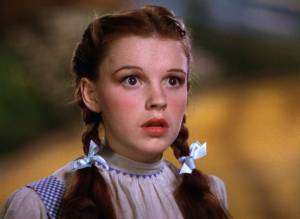 husbands, two of whom were gay (as was her father). Owing hundreds of thousands of dollars in back taxes, she died of either cirrhosis of the liver or an overdose of barbiturates.
husbands, two of whom were gay (as was her father). Owing hundreds of thousands of dollars in back taxes, she died of either cirrhosis of the liver or an overdose of barbiturates. - Zora Neale Hurston (1891−1960), author and anthropologist. The granddaughter of slaves, she was born in a small town in Alabama and graduated from Barnard College—where she was the only black student. Hurston had a patron who enabled her to study black music, folklore, literature and hoodoo in the USA, Haiti and Central America. Her work fell into obscurity, partly because it contained black dialect that had come to sound offensive. In her final years, Hurston was reduced to working as a maid in Miami. She died in a welfare home, and
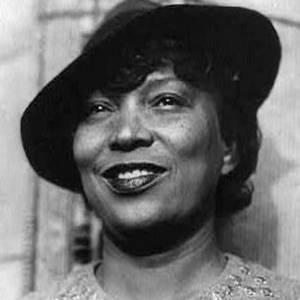 her remains were placed in an unmarked grave. Novelist Alice Walker and another Hurston scholar found what they thought may have been it. Walker paid for a marker that called her a “genius of the South.”
her remains were placed in an unmarked grave. Novelist Alice Walker and another Hurston scholar found what they thought may have been it. Walker paid for a marker that called her a “genius of the South.” - Bela Lugosi (1882−1956), Hungarian-American actor who played Count Dracula in the 1931 film of the same name. For a variety of reasons, one of which was his addiction to morphine and methadone to treat sciatic pain, his career soon withered. Lugosi dropped to Hollywood’s “poverty row,” acting in supporting parts and in B-grade movies. Contrary to popular belief, he was not buried in his Dracula cloak.
- Herman Melville (1819−1891), short story writer and novelist. His masterpiece was a book about whaling, Moby Dick, but he deserves to be remembered for other works as well. This New York City native never had much financial success. He grew less popular as the years went on, and by 1876 all of his books were out of print. When a
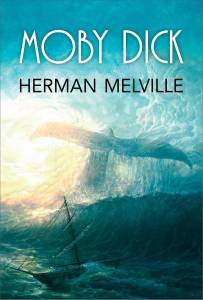 heart attack killed Melville, one of the few obituaries devoted to him noted that many people assumed he had died long before.
heart attack killed Melville, one of the few obituaries devoted to him noted that many people assumed he had died long before. - Wolfgang Amadeus Mozart (1756−1791), master of the keyboard and violin, composer of more than 600 symphonic, concertante, chamber, operatic and choral works. Small and rather vain, Mozart has a secure place at the pinnacle of classical music composers. He could never get a gig at one of Europe’s royal courts, try though he might. In the last years of his life, he pestered friends and former patrons with pathetic requests for loans. After Mozart died at age 35, he was buried in an unmarked plot in Vienna’s St. Marx Cemetery.
- Charlie “Yardbird” Parker (1920−1955), jazz saxophonist and leader in the development of bebop. This jazz purist disdained rhythm & blues and was an icon for the hipster subculture. Sadly, Parker had mental health problems—two suicide attempts—and an addiction to heroin. Unstable and erratic, he died of pneumonia and a bleeding ulcer without a penny to his name. Parker nevertheless was given a decent funeral because fellow jazzman Dizzy Gillespie stepped in to handle it.
- Rembrandt van Rijn (1606−1669), Dutch painter and printmaker. Quite prolific and innovative, he worked in a number of genres. Anything he did is now of
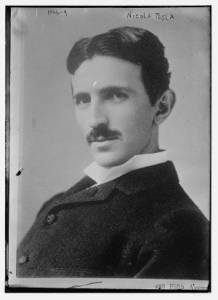 great worth. For example, one painting (“Portrait of a Man, Half-length, with His Arms Akimbo”) was recently auctioned for $33 million. Rembrandt’s life was a mess as he lived beyond his means, failed to pay taxes, was in and out of court, and dodged creditors. He was buried in an unknown grave in a churchyard in Amsterdam.
great worth. For example, one painting (“Portrait of a Man, Half-length, with His Arms Akimbo”) was recently auctioned for $33 million. Rembrandt’s life was a mess as he lived beyond his means, failed to pay taxes, was in and out of court, and dodged creditors. He was buried in an unknown grave in a churchyard in Amsterdam. - Nikola Tesla (1856−1943), Serbian-born inventor, electrical engineer and mechanical engineer who made major contributions to the design of the modern alternating current (AC) electricity system and the high-frequency coil. A polyglot who spoke eight languages and had some pretty outlandish ideas—changing the weather, being able to “split the earth like an apple” with his electric oscillator and receiving messages from Mars, for example—he feuded with Thomas Edison and had trouble converting his ideas and inventions into money-generating patents. Tesla’s life savings were slim, and he died of a coronary thrombosis in a grubby New York hotel at the age of 86.

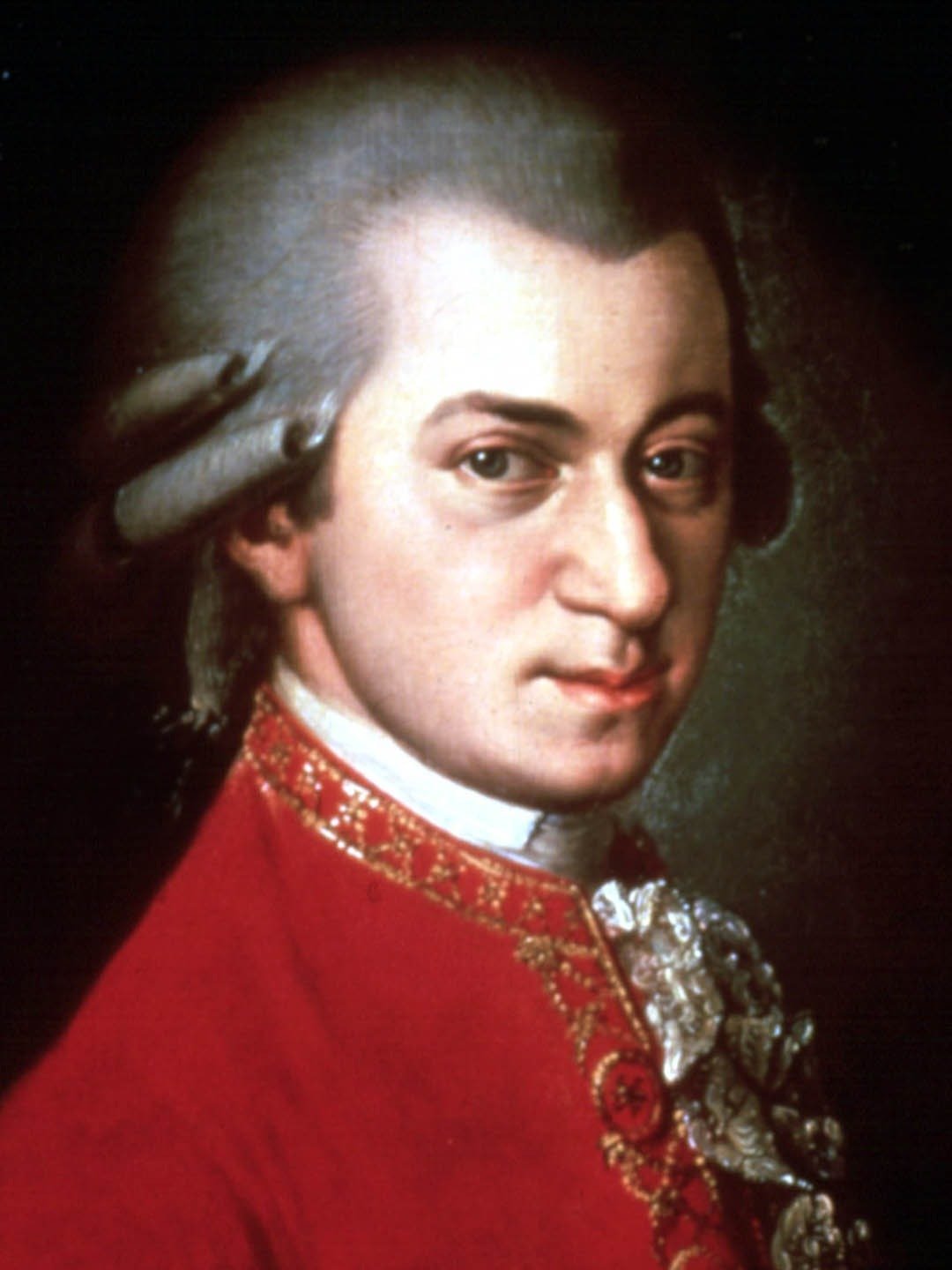
6 Comments
Not untypical for people who are genius level in their field to never realize their fame and fortune. I agree it is unfortunate. But that is because they are truly ahead of their time with their genius. What about Galileo heliocentric view of the solar system, the Catholic Church didn’t approve, yet as time passed, his contribution made him famous. think the axiom “You reap what you sow” using the farming metaphor is very true, ie. many times, these efforts of “sowing and then reaping” don’t mature immediately. It may take a generation or two to come to fruition. In all walks of life, one person leads by championing their cause, then that cause gains popularity and interest and it takes on a life of its own, without the original persons involvement. Corporations grow beyond the ideas of the original founder… look at AT&T, which Alexander Graham Bell started as a communication company, aka telephone and telegraph, and now it has morphed into a communication company that delivers “content” competing in the mass media market place. Our boy Alex Bell had no idea that the future of his company would transmit content over fiber optic cables. Likewise, Amadeus had no idea his music would be recorded and stream on iPhones. We all make an impact to society. Your NGO for Jikji is another idea that will get traction and take off.
As to the latter point, Gary–maybe!! I hope so.
Very interesting dear bro! Thanks for sharing this information. I wonder if i will get a thousand for my funeral, hehehe. Nontheless, i hope to leave an impact on the lives of the school heads and teachers that i mentor- and likewise to my deped community and my country. I hope to be remembered for the kind of life that i share with them, and foremost by my family as a loving and compassionate daughter and sibling.
Myline: You make a point I should have, which is that whether we have a big, fancy funeral matters less than how we live our lives. In your case, however, I think a thousand is not unreasonable.
David Crockett was not famous, nor was the Alamo, until Disney made a movie about it. Sometimes it just takes the right set of circumstances to become famous.
And Crockett didn’t even get a proper burial…no fair!
Add Comment